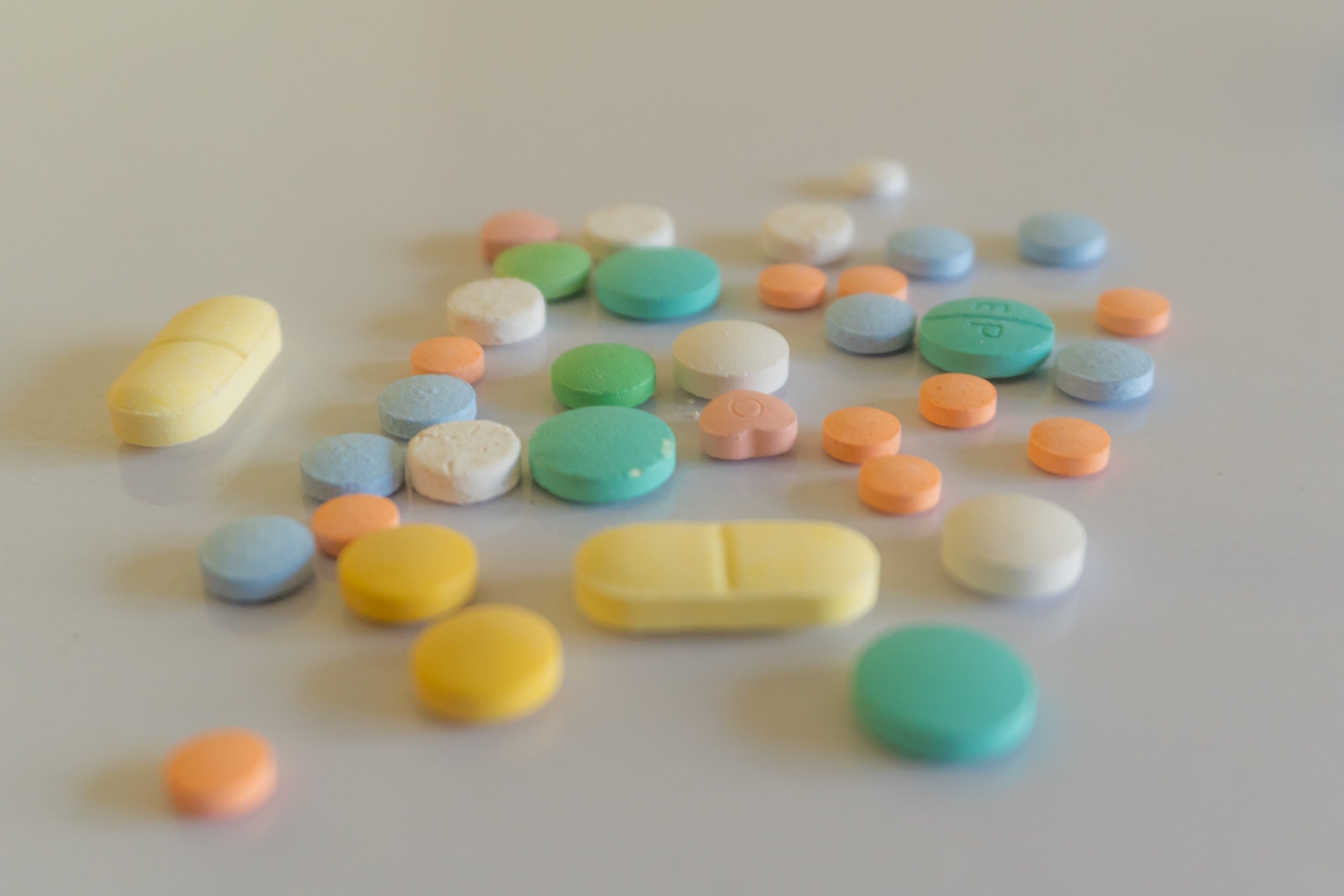Coping | IBD | Information

“Why are you taking antidepressants? Aren’t you tired of medicine?” It was a question I anticipated and prepared to answer. In many respects, it was a logical question. I spent the previous two years taking 25+ pills a day, injections, and infusions merely to stay alive. The medications did little to help. In fact, they often made me feel worse.
It is, therefore, natural for one to assume I would avoid any “unnecessary” medication. Avoidance was my initial approach. When I arrived home from my first hospitalization with a bag full of the overpriced pills my body now required to stop attacking itself, I vowed that I would never take medication I did not absolutely need to survive. I stopped taking my as-needed anxiety medication and did not think to return to (or even ask about returning to) the antidepressants I had weaned off of two months before my IBD diagnosis.
Ignoring my mental health probably was one of the biggest mistakes of my life. I quickly spiraled into a deep depression. I woke up every morning feeling unprepared to deal with the immense physical pain and fatigue my body inflicted upon itself daily. I spent my days running from my bed to the bathroom and trying to summon enough energy to take my pills (there were moments when I felt too exhausted to even pull my head up). I would lie curled up in pain and wonder what had happened to my life. A chill ran up my spine every time I thought about my future.
I overcame various obstacles as a child and felt as though my life had finally begun when I was in college. Now, two years later, everything was crashing down again. I felt like I was drowning with no shore in sight. How could I rise above a disease that was utterly overpowering my body? How could I push past adversity when taking a shower was a challenge? What would become of my years of hard work and dedication? Was this it?
I attempted to will myself to die countless times and in countless ways. I tried gently thanking my vital organs for their continuous effort and telling them that they could rest. That I no longer needed their services. I begged a higher power I don’t really believe in to free me. I plead with mother earth to return me to her soil. I even thought about denying myself medical care and might have done so if it were not for my watchful and caring mother.
After two years of active disease and constant surgical complications that led to a subsequent diagnosis of acute stress disorder, my IBD entered a period of clinical remission. This should have been the time of my life, but it was not. My mood fluctuated between extreme anxiety and total numbness. Every cramp, bloody bowel movement, or stomach bug sent me into panic mode. What if the pill prescribed for pouchitis did not work? Would the year ahead become identical to the previous two? The flashbacks I worked so hard to rid myself of in talk therapy returned.

Photo by Tim Mossholder on Unsplash
A close-up photo of a patch of yellow flowers.
At other times, I felt nothing. I went about my day in a fog. It felt as though I was an outside observer to my own life. I kept telling myself things would get better; I just needed more time to recover. But, my mood only declined. My days were slipping away like water slips through hands. My emotions were washing over me like waves crush a sandcastle on the beach. I felt powerless.
I finally made an appointment with my Primary Care Provider to start antidepressants and anxiety medicine. I still remember my stomach churning as I explained that I thought I needed psychiatric medicine again. I felt a pressing need to justify the request by reflecting on what I had been through and how long I had put this off. I did not want my new doctor to think that I was ‘pill happy.’ I needed to show that I had tried other methods.
The shame persisted when I went to the pharmacy to pick up the medicine. I looked all around me as I got in line to ensure I did not see anyone I knew. I was afraid that the pharmacist would say the name of the prescription or ask a question about it and expose me.
I have never felt this level of shame or paranoia going to pick up prescriptions for physical illnesses. So, why was my breath hollow this time? Why were pills to balance brain chemicals so different from pills meant to calm the immune system or curb inflammation? Was there a reason for this? Was I taking an unnecessary treatment? Taking the easy way out? Was this a sign of weakness?
It was not until my loving and well-meaning mother questioned my choice that I was able to articulate to myself and others why psychiatric medication is necessary. You see, there is a difference between surviving and thriving. When I was fighting flares head-on, I was surviving by a thin thread, but I was not thriving. When my IBD went into clinical remission, I was no longer struggling to survive, but I was still not thriving.
Whether you are fighting a flare or in remission, you deserve to go beyond surviving; you deserve to fly. Psychiatric medications helped me clear some of the fog that surrounded me so that I could see more and do more.
There is no shame in allowing yourself to get the most out of life by adding psychiatric medications to your treatment plan. If I could go back in time, I would have started this treatment as soon as I began spiraling.
